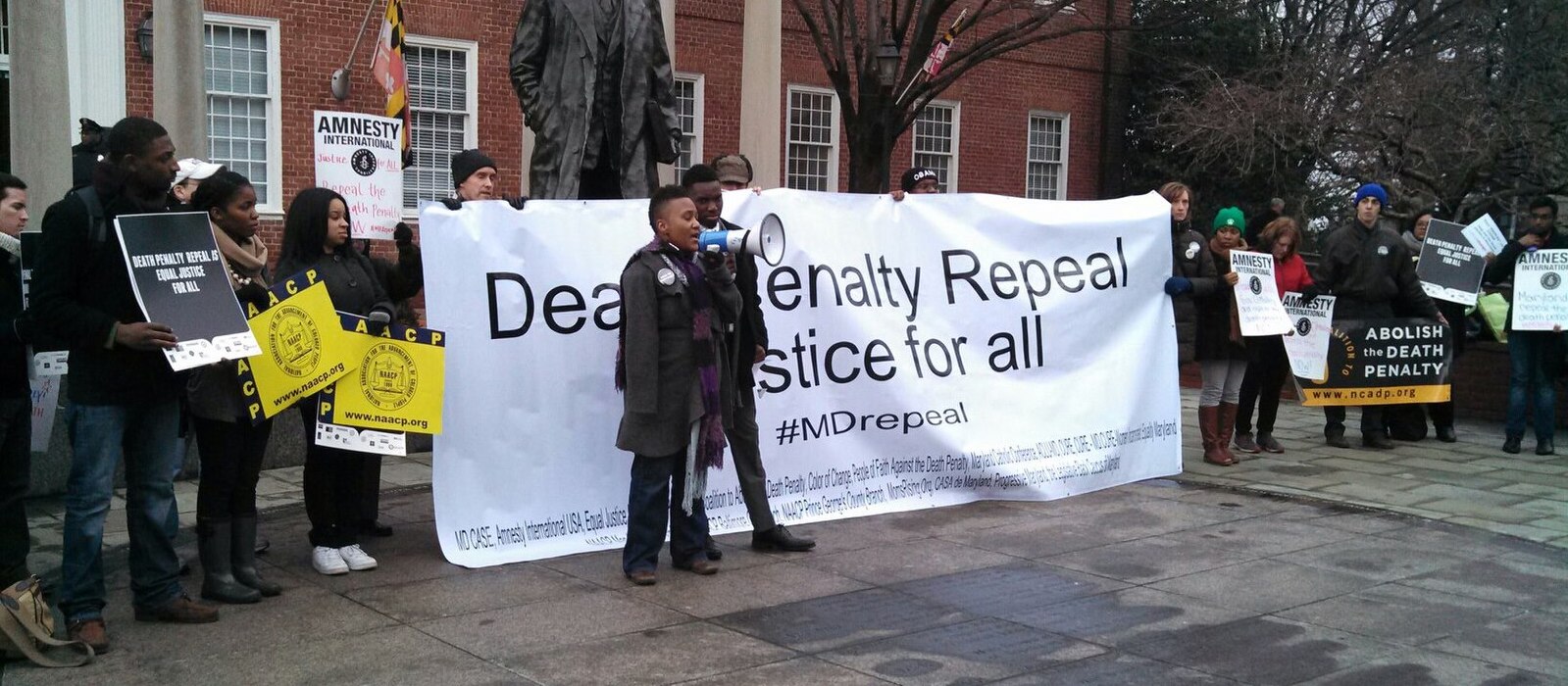 Global executions rose dramatically in 2024, reaching 1,518 recorded deaths across 15 countries—the highest figure since 2015—Amnesty International said April 8 as it released its annual report on the use of the death penalty. The 48-page report, "Death Sentences and Executions 2024," found that Iran, Iraq, and Saudi Arabia were responsible for 91% of known executions, with Iran alone accounting for nearly two-thirds.
Global executions rose dramatically in 2024, reaching 1,518 recorded deaths across 15 countries—the highest figure since 2015—Amnesty International said April 8 as it released its annual report on the use of the death penalty. The 48-page report, "Death Sentences and Executions 2024," found that Iran, Iraq, and Saudi Arabia were responsible for 91% of known executions, with Iran alone accounting for nearly two-thirds.
Amnesty warned that countries have continued to weaponize the death penalty to silence dissent, punish protesters, and to instill fear among vulnerable populations.
Amnesty’s figures do not include the thousands of people believed to have been executed in China, the world’s top executioner, nor do they reflect data from North Korea or Vietnam, where government secrecy prevails. Despite the overall rise in numbers, the 15 countries that carried out executions in 2024 represent the lowest total on record for the second consecutive year.
The report also highlights a rise in executions for drug-related offenses, which Amnesty considers a violation of international law. Over 40% of all executions in 2024 were tied to drug charges—particularly in Iran, Saudi Arabia, China and Singapore. Callamard condemned these actions as “ineffective and unlawful,” disproportionately impacting marginalized communities, and have shown no proven effect in deterring drug trafficking.
As of 2024, 113 countries have fully abolished the death penalty, and 145 are abolitionist in law or practice. In December, more than two-thirds of UN member states voted in favor of a moratorium on executions, underscoring the growing international consensus against capital punishment. (Jurist)
But Singapore imposes a mandatory death penalty for people convicted of supplying certain amounts of illicit drugs—five grams (half an ounce) of heroin, 30 grams of cocaine, 250 grams of methamphetamine and 500 grams of cannabis. A 64-year-old man was hanged for drug offenses in October—one of at least four executions in Singapore last year. (CNN)
Photo: Wikimedia Commons







Comments
Call to end death penalty for drug-related offenses
Several organizations signed a joint statement, calling for the United Nations Office on Drugs and Crime (UNODC) and the Commission on Narcotic Drugs (CND) to take action put an end to the use of the death penalty for drug-related offenses.
The 70 organizations that signed the joint statement published by Amnesty International urged UNODC and the CND to adopt measures to end the use of the death penalty in drug-related cases. Some of these organizations include the Anti-Death Penalty Asia Network, StoptheDrugWar.org, and the European Saudi Organization for Human Rights.
The statement cited that the death penalty for drug-related offenses is retained in 34 countries around the world, and actual documented executions with the cause being drug-related offenses were found in four countries: Iran, Singapore, Saudi Arabia, and China. The statement emphasizes that this punishment is a violation of human rights. Under Article 6 of the International Covenant on Civil and Political Rights (ICCPR), the death penalty can violate the inherent right to life, and must only be used in the “most serious crimes.” The Office of the High Commissioner on Human Rights (OHCHR) said in a 2023 UN report that “drug-related offences can never serve as the basis for the imposition of the death penalty.”
The joint statement was published the day before June 26, which was demarcated as the International Day against Drug Abuse and Illicit Trafficking in 1987 by the UN General Assembly. The purpose of the day is to strengthen global cooperation in combating drug-related problems and to promote public health and preventative measures instead of punitive measures.
The 70 organizations used this joint statement to emphasize that World Drug Day is not a way of encouraging highly punitive approaches to tackling the battle with drugs. The purpose of the day is to promote public health and the usage of preventative measures to reduce drug abuse, instead of punitive ones. (Jurist)
UN monitors warn of dramatic surge in executions in Iran
UN condemns 'alarming' global increase in executions